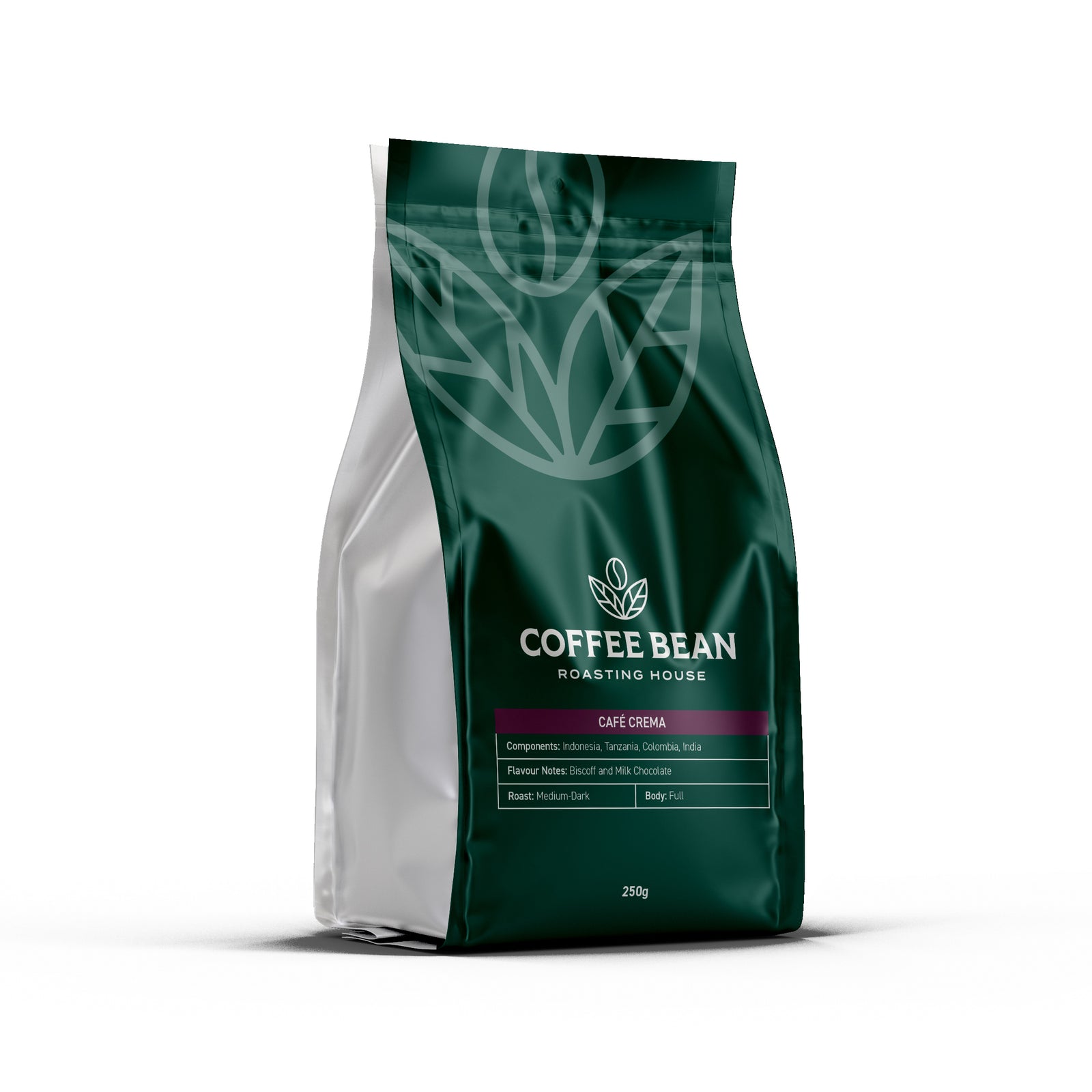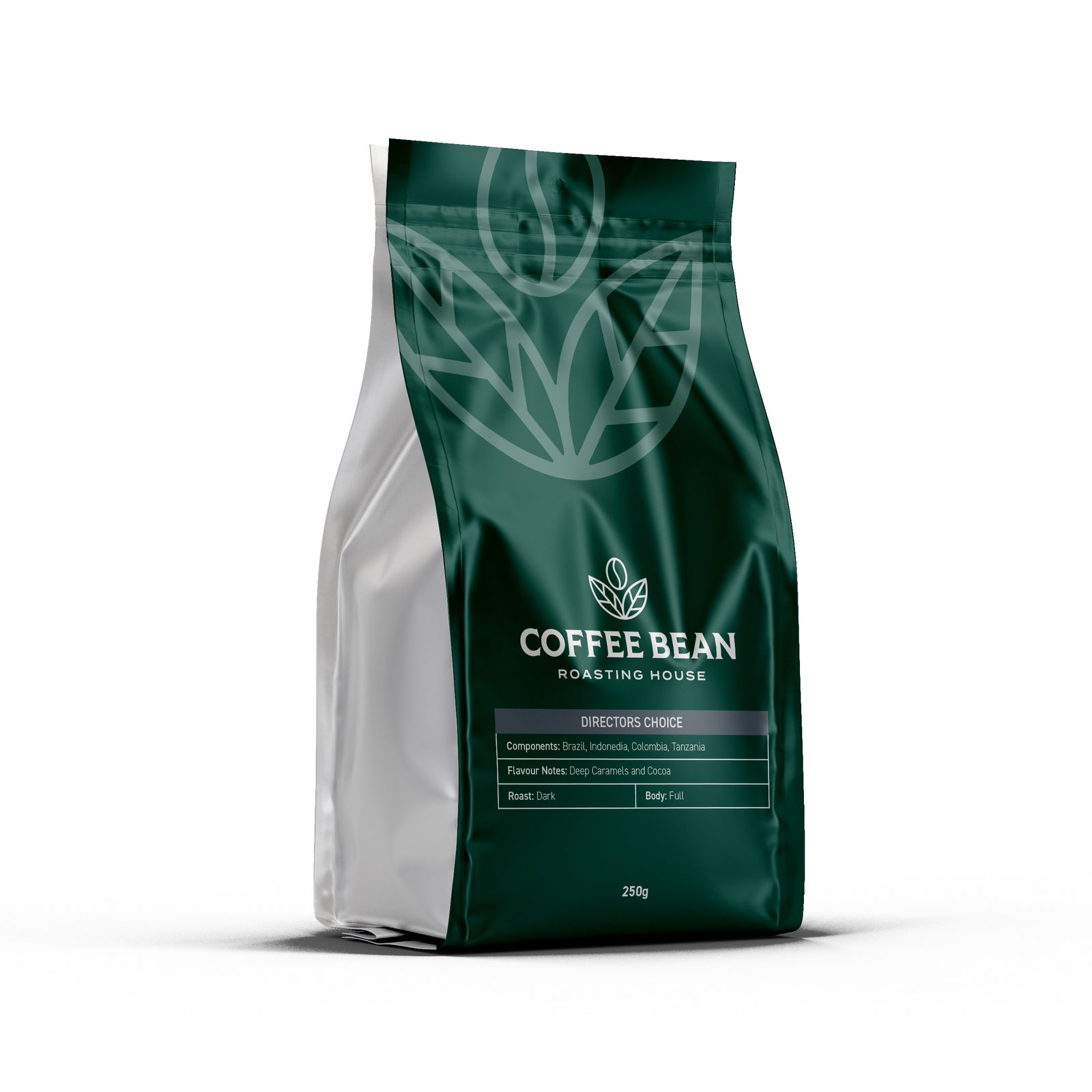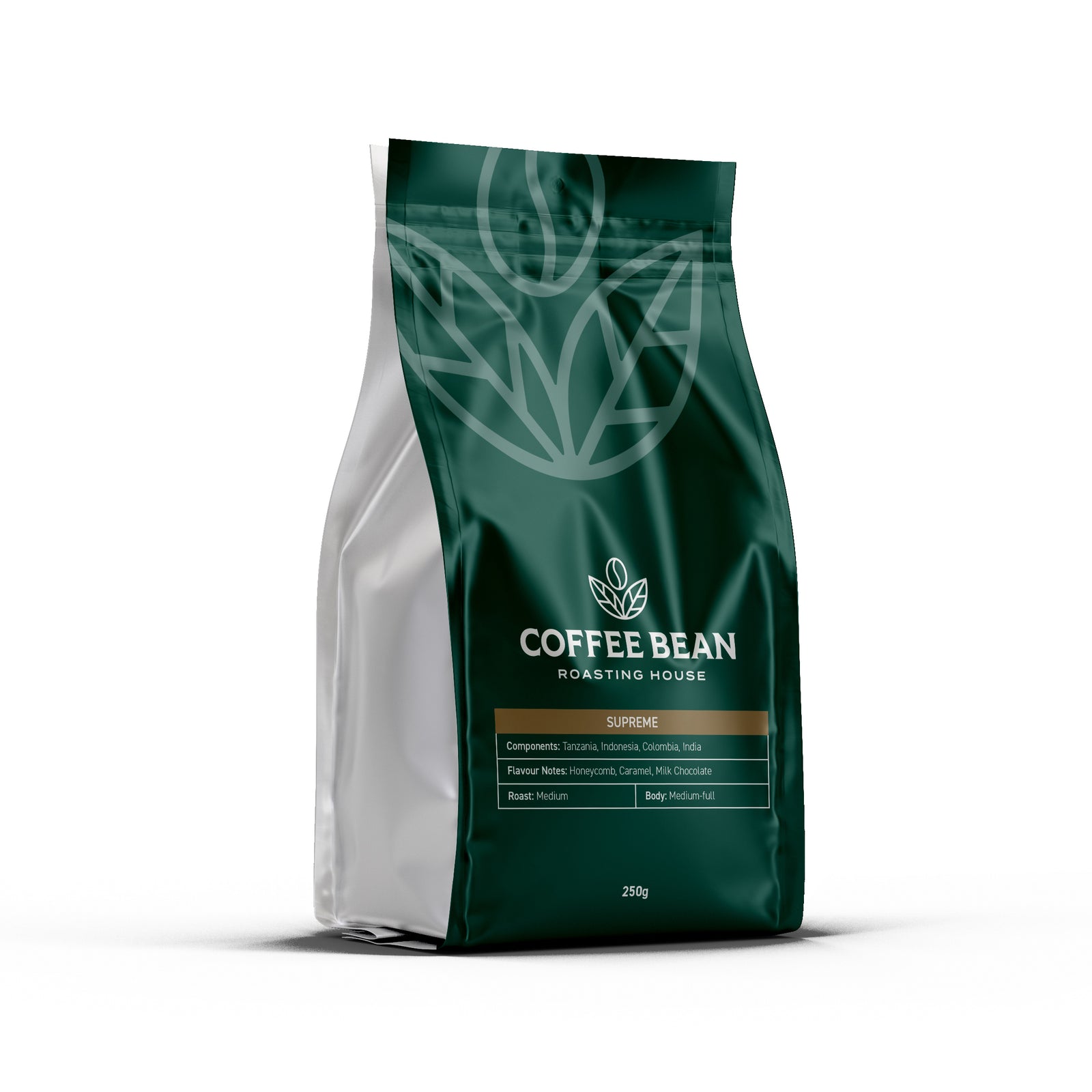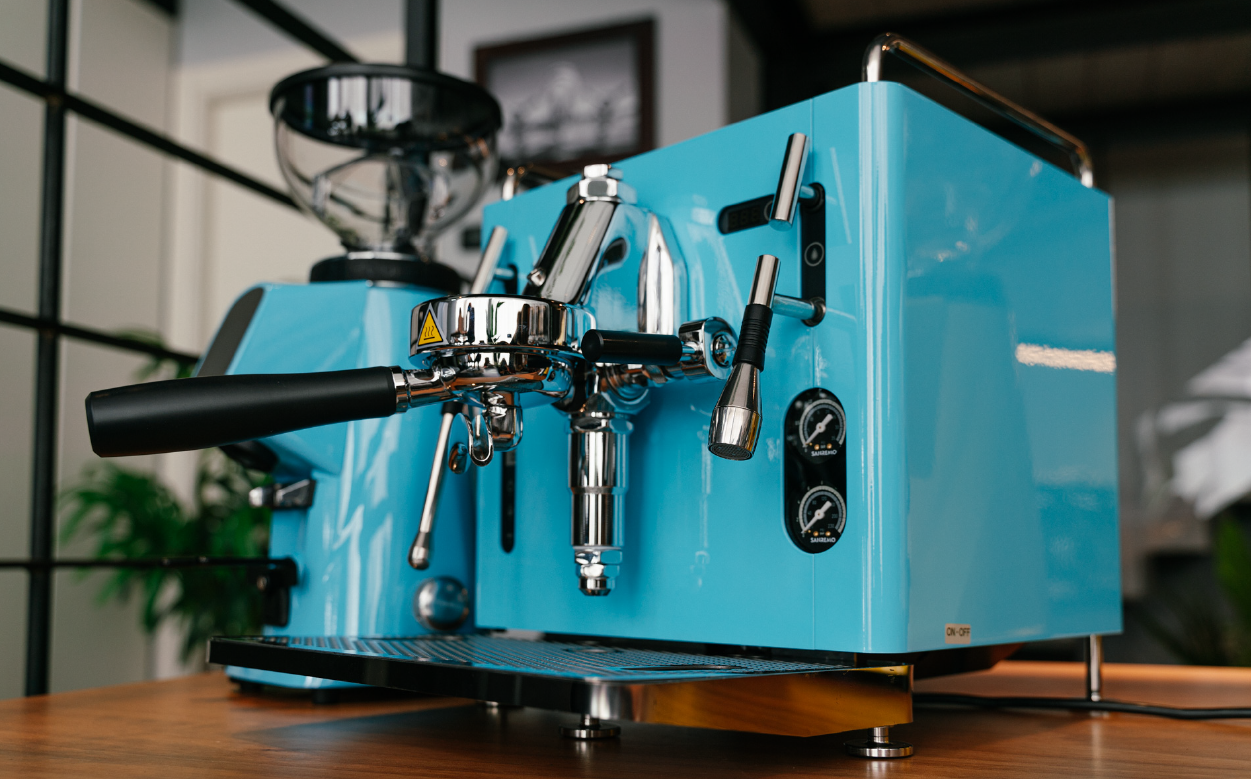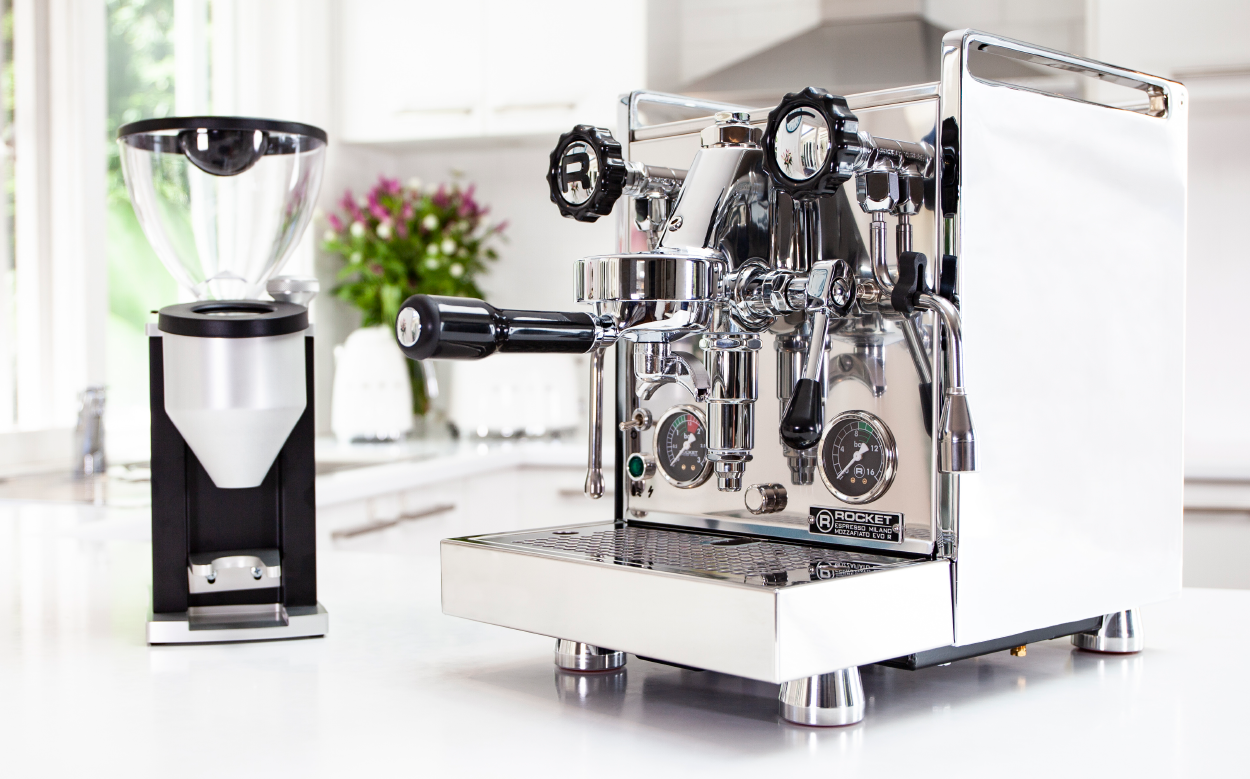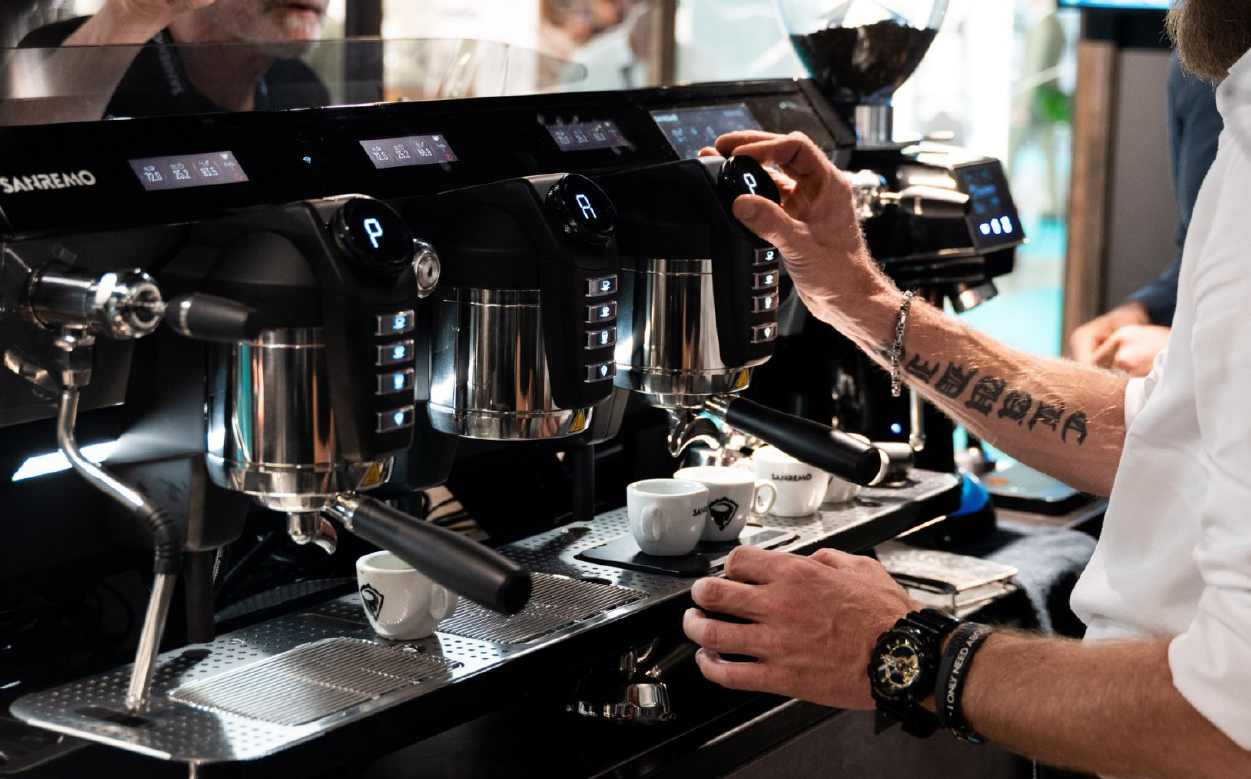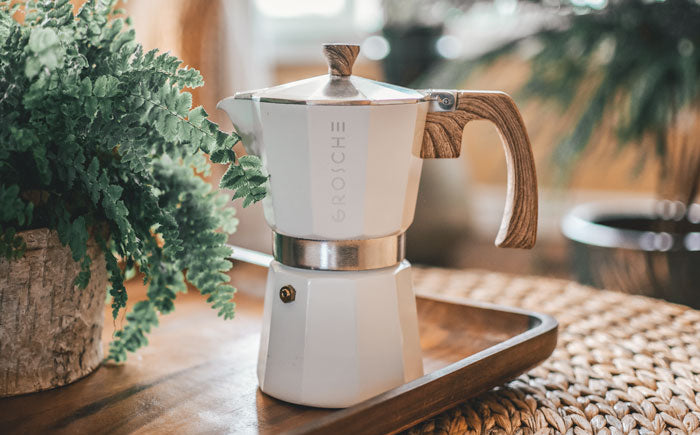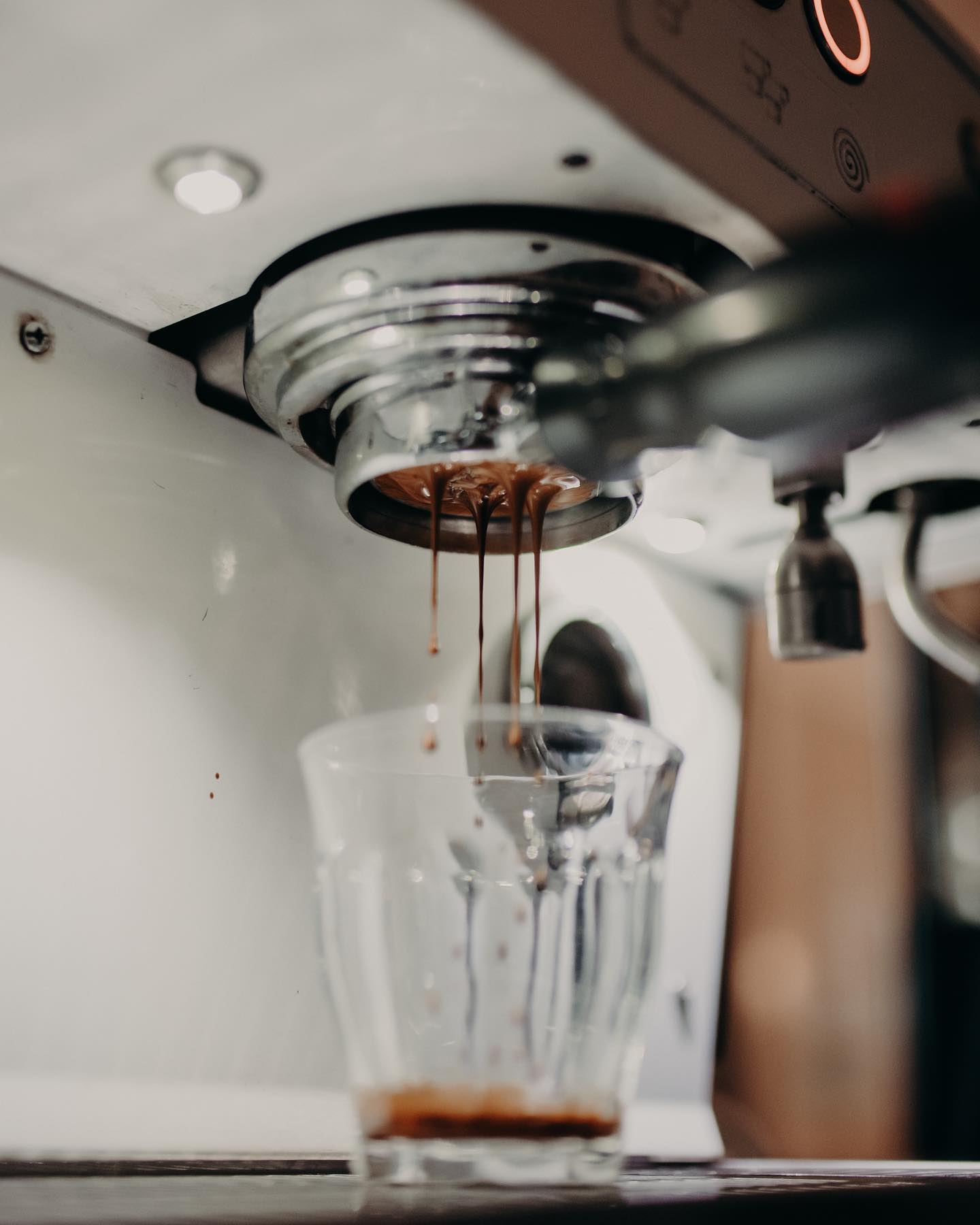How to store your speciality coffee beans and maintain flavours? Let’s explore the best way to store your beans and why you should not store freshly roasted coffee beans on your kitchen counter or in the fridge.
We are frequently asked how to store coffee beans. It’s a common myth that the fridge is the best place to store your freshly roasted coffee beans – it's not. With roasted coffee beans, they are best stored in a cool place, not a cold one. It doesn’t seem like a big difference, but it does have a significant impact to the cup quality.
So, where should you store your coffee beans?
Freshly roasted coffee beans are best stored in a place that is:
- Cool (not the fridge or freezer),
- Away from heat (not next to the stove top)
- Dry (such as a cupboard)
- Dark (such as an opaque, airtight container – we love our Airscape)
When you buy from Coffee Bean, our 250g bags come with a resealable zip, allowing you to purchase smaller quantities and keep your beans fresh longer. This allows you to get the beans you need out of the bag, squeeze out any air and reseal the bag and place the whole bag into a container in your cupboard.
Why you shouldn’t store roasted beans in the fridge or freezer
Ground coffee and coffee beans naturally attract moisture, so as soon as you take those beans out of the fridge, they will start to condensate and will start to sweat.
Not only do sweaty beans not sound great, they don’t taste great either. What flavour is left in the beans that hasn't been sweated out, will have also absorbed the aroma of whatever has been in your fridge. So, if you had say, left over fish, last night's lasagne and some not so fresh fruit at the back of the fridge, you’ll now experience those flavours in your coffee (yuck!).
On a rather serious health note – moisture affected beans could also be a significant health hazard as they can allow for mould to grow. If you have stored your beans in the fridge or freezer, look over the beans before you use them, if you’re still game.
Storing beans in the freezer presents the same moisture and sweat issue of refrigerated beans and is also not ideal. The science is clear on the fridge, but disputed on freezing roasted coffee. Some say the oils congeal and therefore impact the quality, others argue that proper thawing solves that problem. However, most will agree, that by freezing and defrosting coffee, the moisture and condensation will negatively impact the coffee.
It is best to buy freshly roasted coffee beans in smaller quantities so you have no need to freeze or refrigerate them.
Why storing coffee beans on your kitchen bench isn't the best
Just like the extreme cold, extreme heat is also just as bad for coffee beans. The heat can also make the beans sweat, which again, releases the flavour. It also accelerates the aging process, causing the beans to stale faster. Our kitchen benchtops are a hive of activity, as you can imagine, coffee beans on the bench, near the stove, oven or kettle are exposed to rising and falling temperatures – and that’s just from cooking, if your kitchen has direct sunlight coming in, it’ll make it a great space for you to hang out with friends and family, but not so great for coffee beans!
So it is best to not leave your beans on the kitchen counter.
Why is a sealed opaque container important?
If you store your beans just in a bag that isn’t resealed, or in any way where it will get a lot of oxygen, your beans have a high possibility of going stale before you even get to try them. This happens because oxygen causes your coffee beans to undergo oxidization which ages the beans and makes them go stale. This is why a sealed container is the best option for storing coffee beans, as the less oxygen, the less chance of it going stale and will be able to last longer!
We also recommend that the container should be opaque and not clear or transparent, especially if it’s near sunlight as clear containers don’t provide much of a barrier from the sun and heat as opaque containers do.
That’s why we love AirScape containers, not only do they look great, they have a middle ‘lid’ and valve that forces air out of the container. This means that not only can air not get into the container, no stale air is trapped in with the beans. You can do the same thing with our coffee bags, by forcing out any air in the bag and resealing the bag before putting it back into the cupboard.
As a general rule, when you are storing your beans think about how you can minimise their exposure to oxygen, moisture, heat & light. Do this, and your beans will be maintain their flavour much longer.
Remember though, coffee beans are a fresh product. Whilst some large roasters put lengthy expiries on their beans, coffee is best brewed 2 to 6 weeks after roasting. So, buy smaller quantities, more often to keep your beans freshest and your coffee tasting best.

